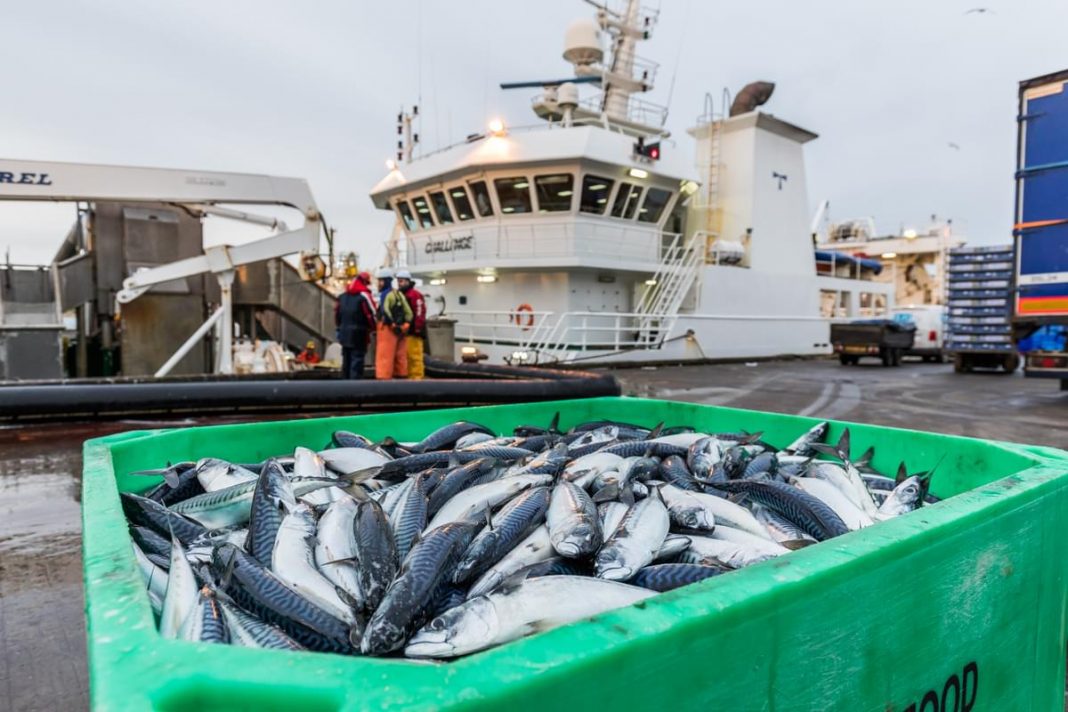Challenges for the seafood industry brought on by a changing climate are the subject of a new report published by industry bodies and academia.
The report, titled ‘Climate change risk adaptation in UK seafood: Understanding and responding to a changing climate in the wild capture seafood industry’, has been produced by Dr Angus Garrett (Seafish), Prof. John Pinnegar (Centre for Environment, Fisheries and Aquaculture Science, CEFAS), Dr Tara Marshall and Dr Julia Wouters (Aberdeen University).
The report is a refresh of work first published 10 years ago, which introduced expected climate change impacts on the supply of wild capture seafood to the UK.
Since then, says the report, although the main physical climate change impacts remain, there are new potential impacts to consider. These include policy changes which make climate change responsibilities a more important consideration for the industry; evolving market attitudes with consequences for seafood – particularly around responsible sourcing; illegal, unreported and unregulated fishing exacerbated by changes in climate and geopolitics.
Dr Garrett said: “With a warming world there are changes afoot in fisheries with impacts right along seafood supply chains. The extent of future warming remains an open question, but being prepared for potential changes is within our grasp. This report hopefully contributes to that preparation.”
Prof. John Pinnegar from Defra’s marine science agency Cefas said: “In the last few years as a result of the COVID pandemic we have learnt a lot about resilience, or rather lack of it, in the UK wild-capture seafood supply chain. These insights have proved invaluable when trying to map-out possible sensitivities to climate change in the future.”



